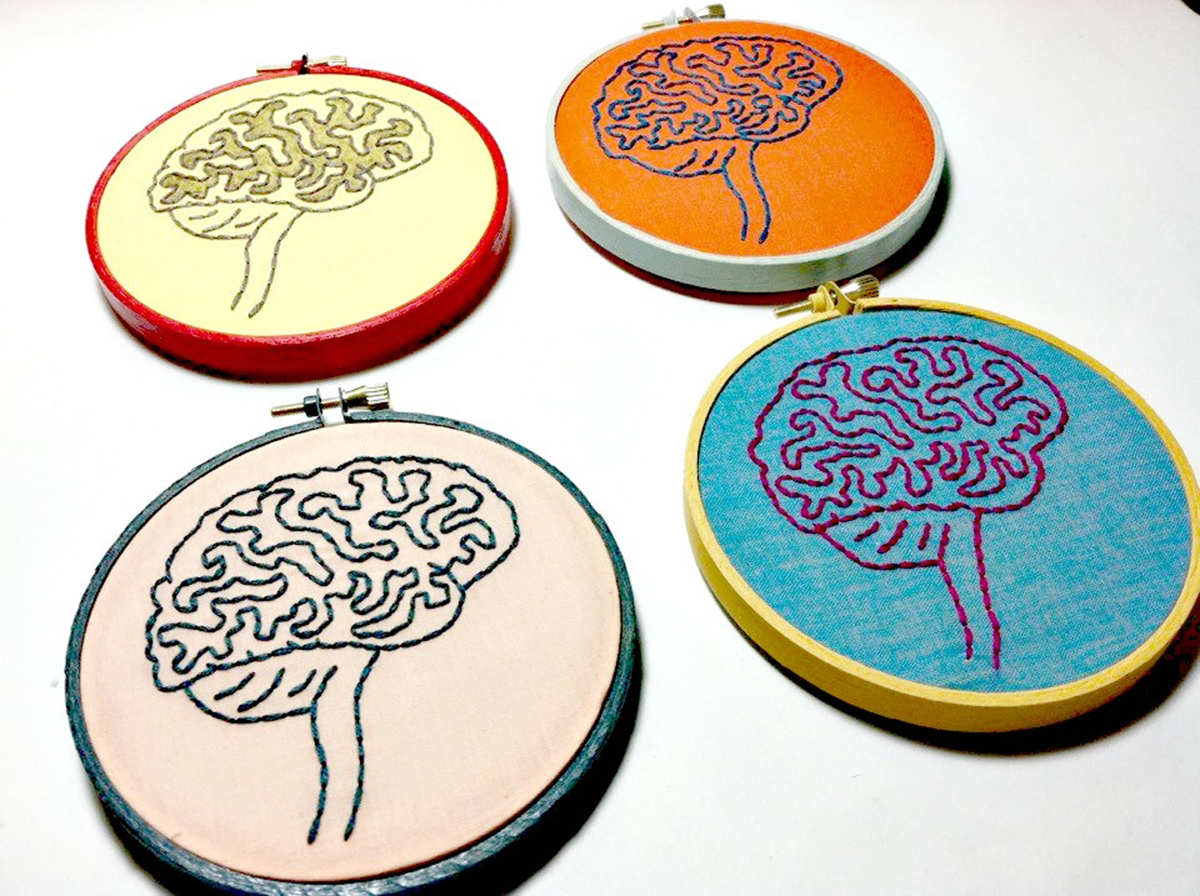Table of Contents
Researchers don't yet know a direct way to protect microglia. There is no diet, no supplement, and no daily routine that can protect your brain specifically from this kind of damage. However, there are a number of things you can to do protect your brain from stress:
1. If you are diabetic, keep your blood sugar levels in good control. Alzheimer's disease is not without reason sometimes described as "type 3 diabetes." When brain cells lose the ability to absorb the glucose they need from the bloodstream, they need to be fed ketones, but it's not possible for your body to produce ketones if you eat too much carbohydrate.

2. If you are not diabetic, give your brain an occasional break from food. Once or twice a week, eat a late breakfast but eat your dinner early, or skip a meal altogether. When brain cells are not constantly bombarded with nutrients from food, they are free to break down and "eat" defective proteins with themselves. Brain cells don't get a chance to break down their defective proteins, however, if they are constantly being provided with new nutrients.
3. Don't try to follow a complicated nutritional supplement routine to increase antioxidant activity in your brain. There's nothing harmful in taking a balance program of antioxidant supplements, but you can actually do yourself harm by taking just one, and you actually do more good by eating less than by supplementing more.
4. Even if you don't like hearing it, if you smoke, you need to quit. It can't be denied that a hit of nicotine can make you feel better. It's actually true that smokers have lower rates of Parkinson's disease. However, the overall effects of smoking are detrimental for brain health, even if they slightly reduce the risk of Parkinson's.
5. Stay active physically and mentally. Both physical and mental activity are essential to preserving brain health. Physical exercise helps to preserve the integrity of the neuron network and also maintains the volume of the brain. Mental exercise helps your brain continue to make new connections between neurons and keeps their connections plastic, helping them to find ways around broken connections to keep your memories and your abilities intact.
READ Foods That Improve Your Brain Function
6. Stay connected socially. People who keep up their social activities tend to maintain their brain volume. Social activity is particularly important for maintaining the structural integrity and volume of the amygdala, which regulates fear reactions and keeps emotions from going out of control.
7. Keep on learning. Even at the age of 75, learning something new, whether it's taking a class, taking up a new hobby, learning a new sport or a new language, traveling, participating in theater or music performance, or taking on a second (or third or fourth) career can help preserve your brain. It takes more and more effort to learn something new, and you can find the experience frustrating. However, choose small tasks you can master completely, and have fun. Enjoying your life also preserves your brain.
- Abiega O, Beccari S, Diaz-Aparicio I, Nadjar A, Layé S, Leyrolle Q, Gómez-Nicola D, Domercq M, Pérez-Samartín A, Sánchez-Zafra V, Paris I, Valero J, Savage JC, Hui CW, Tremblay MÈ, Deudero JJ, Brewster AL, Anderson AE, Zaldumbide L, Galbarriatu L, Marinas A, Vivanco Md, Matute C, Maletic-Savatic M, Encinas JM, Sierra A. Neuronal Hyperactivity Disturbs ATP Microgradients, Impairs Microglial Motility, and Reduces Phagocytic Receptor Expression Triggering Apoptosis/Microglial Phagocytosis Uncoupling. PLoS Biol. 2016 May 26.14(5):e1002466. doi: 10.1371/journal.pbio.1002466. eCollection 2016 May. Erratum in: PLoS Biol. 2016 Jun
- 14(6):e1002508. PMID: 27228556.
- Photo courtesy of healthblog: www.flickr.com/photos/healthblog/8384110298/
- Photo courtesy of hey__paul: www.flickr.com/photos/hey__paul/8106410440/
- Photo courtesy of hey__paul: www.flickr.com/photos/hey__paul/8106410440/


Your thoughts on this